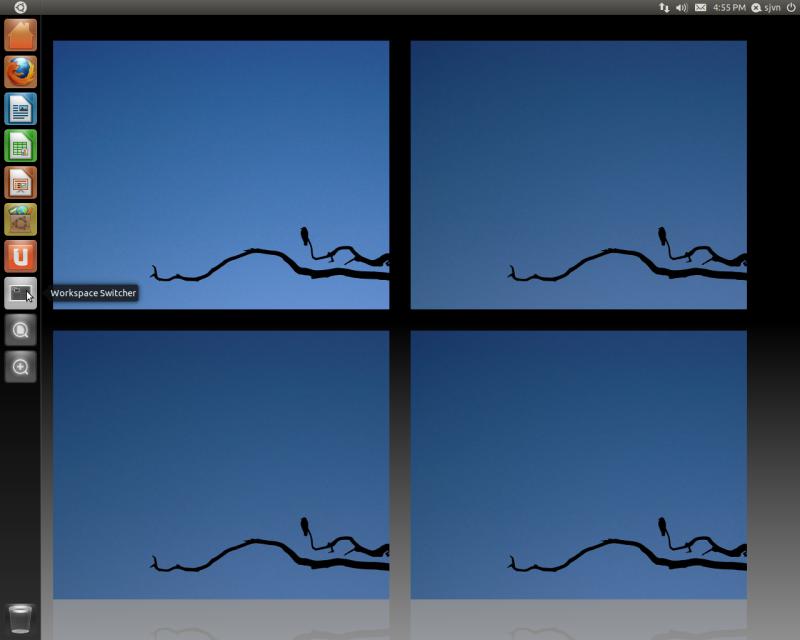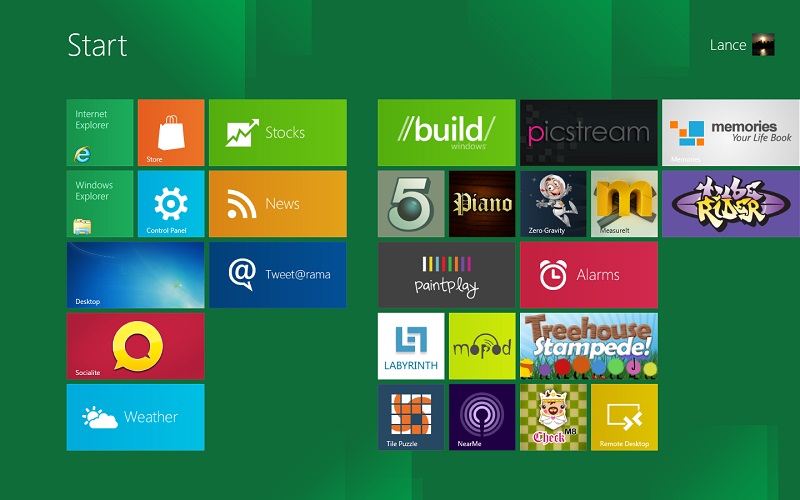The problem Microsoft is introducing with Win8 is that it will wall-off Windows 8 not only from Linux, but from earlier versions of Windows from being dual-booted
thanks to its UEFI. This effectively locks the machine down and out and turns it into an Apple-like brick. As someone said, "there goes the 'personal' in PCs." Maybe firmware hackers will suddenly make a lot of money! But
you'll also being buying a dead box -- no new graphics cards, no new network cards, or any other upgrades unless provided a signing key by Microsoft. As
Carol points out, Microsoft is saying OEMs don’t have to go along with the Win8 license; they just have to do it if they want to sell PCs with Windows on them. Paging the anti-trust lawyers!
Macs have about 5% of the desktop market and Linux hangs in at 1-3% depending on how you measure it, so hardware manufacturers can't help but go along with Microsoft's craziness here. What's confusing is that if Linux only has 1% of the market, why lockdown the machine at boot level? How do they see themselves threatened by a Linux desktop "market" that persistently hovers at 1% share?
Maybe the reason is that they want to force the Metro UI on users, which in turn might help Windows mobile/tablet sales over Android. It's not Apple they hate, it's Linux. Thus the emulation of Apple in response to Google and Android.

Ubuntu's Unity desktop (four workspaces).
Centralization of distros will put linux in same queue as that of apple and windows. There will be more people unsatisfied with the choices made by council before final OS release, take example of ubuntu unity window manger move or monthly release move. So my view is that it doesn't matter which distro user is running on desktop. They need apps to get their work done. Non-developers are concerned about getting work done and developers are interested in platform stability and ease of development. Linux has ability to balance this need without losing any popularity factor.-mahesh2k
You'll never see that centralization either. At least you hope not. It's just not needed. You already have most desktop users running (1) Debian/Ubuntu/Mint, (2) Fedora, (3) openSUSE, or (4) Arch under two (app) installers. If you've used one, you could use any other without a learning curve.
There is also a huge inertia in the software market. How many professional products (such as photo/graphics or video editing, or a decent word processor/DTP) are available for Linux? And who writes games for Linux?-Carol Haynes
They're coming, but they need more developers (who as you say, can code for more users!). I've been doing some HD video editing with
OpenShot and it's very smooth.
Until corporate users and power users can use some of their past investment in a Linux environment they are going to be more than reluctant to move. If you have worked for years with Qurk as your publishing package and can no longer even open Quark files why would you consider changing to Linux. Mac maybe since Windows/Mac both have compatible product catalogues (MS Office, Adobe, Quark etc.)-Carol Haynes
What you're working in has become a niche market! All I need an OS for as an end user is to get me to the cloud, to my browser, and from there I can do the rest in HTML5 and beyond. Adobe is still building 20th century apps.

Windows 8 Metro UI
